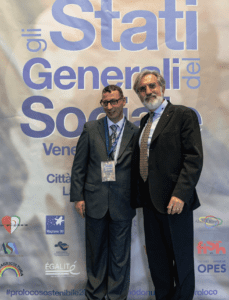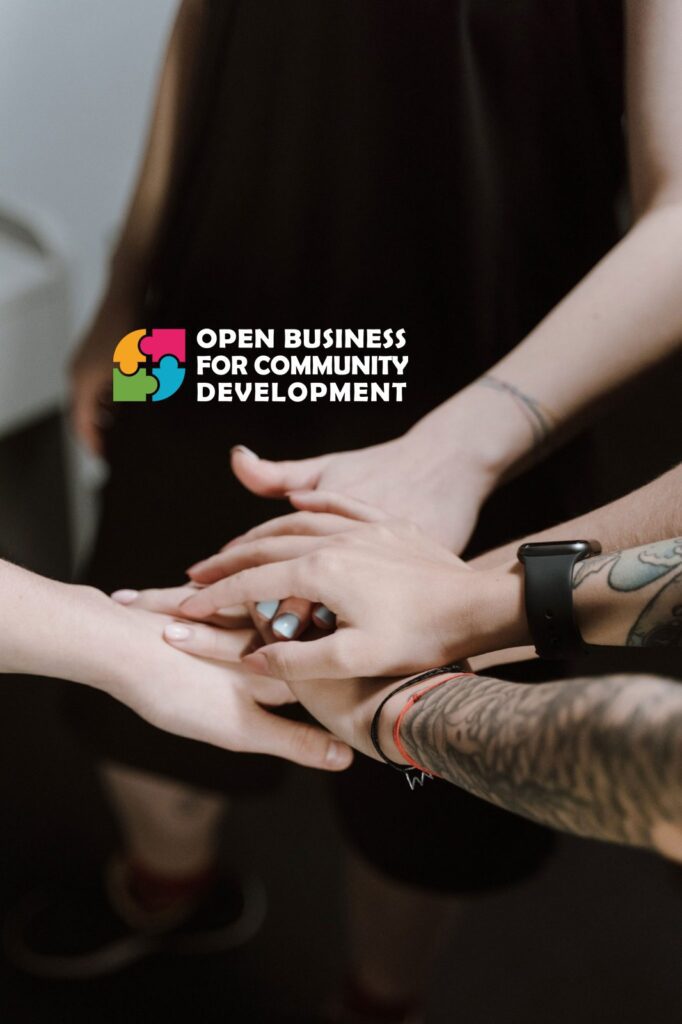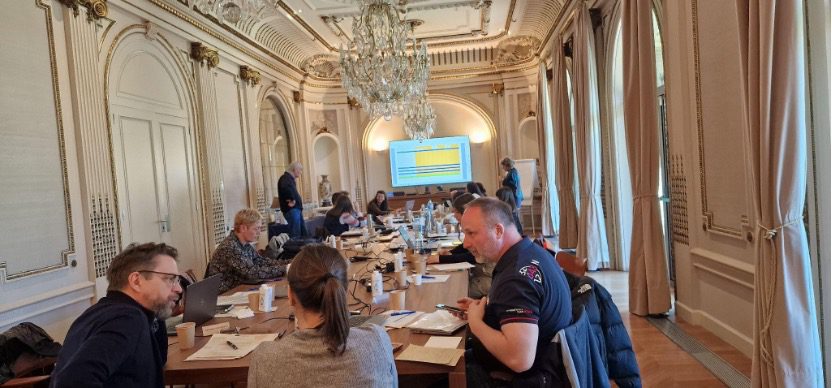Gabriele Nardini, President of the OBCD partner AGCI Umbria, interviewed Luca Zarfati, President of Roma Open Lab APS and head of the Social Sector at EPLI – Ente Pro Loco Italiane. Have a look at the interview below!
- Gabriele: Why are you involved in the social economy and the third sector?
- Luca: The choice for me was almost compulsory, since, due to my disability, I necessarily entered the circuit of care and assistance for the disabled, which in Italy is managed not only at the public level but mainly by Social Cooperatives. Within the world of Social Cooperatives, I had the great fortune to meet Eugenio De Crescenzo, Head of the Social Economy of AGCI (General Association of Italian Cooperatives), who encouraged me to work in the Social sector and helped me find my way in this complex and articulated world. Thanks to him and the AGCI, the Social Promotion Association ROMA OPEN LAB was born, of which I am President and I work full-time in Social Economy, also within EPLI – Ente Pro Loco Italiane.
- Gabriele: Why did you join the Italian ecosystem? What is the added value for your organization?
- Luca: As ROMA OPEN LAB APS and EPLI we have been collaborating for some time with AGCI Umbria and have signed two important memorandums of understanding, especially with regard to professional training. When we were asked to participate in the Italian Ecosystem of the OBCD project, we were enthusiastic because we are convinced that one of the distinguishing features of those who work in the Social Economy is networking and creating a web of relations between actors who, although different, have a common denominator in the SE. The added value of Ecosistema Italia for our organization is the possibility of being able to confront ourselves with subjects that may be very different from us, but who are animated by the same passion for the wellbeing of people, for the fight against inequality, and for the promotion of a sustainable, inclusive and ethically just economy.
- Gabriele: What are the main results of these meetings?
-
Luca: The most striking result is that we have received, each time, so many interesting and often unexpected inputs, which have helped broaden our vision and increase our open-mindedness.
-
Gabriele: How do you think OBCD ecosystems can help make the social economy mainstream and support social enterprises in project countries (and beyond) in their mission.
-
Luca: OBCD ecosystems involve periodic meetings between the various components and this favors the establishment of relationships and exchanges that gradually become stronger, more articulate and richer in positive spill-over effects on all components of the ecosystem. Ecosystems can slowly grow and gradually replace the pre-existing socio-economic fabric, which is often competitive, closed and not very inclusive, gradually generating a new social and economic reality that is more sustainable and attentive to the social needs and fulfillment requirements of the people who live and operate within these ecosystems.
Indeed, I am convinced that if we compare Local Development to a fabric, Social Entrepreneurship would not be its thread, but its glue. It is a glue that builds stronger, resilient, united communities. It is a glue that turns every challenge into an opportunity. This is how the ENTERPRISE NETWORK is built.
-
Gabriele: How can the OBCD project support you?
-
Luca: Certainly through the training of entrepreneurs who have the skills to manage businesses in a more sustainable way and attentive to the welfare needs of all those connected to the businesses themselves (workers, suppliers, customers, institutions, civil society).
Another way in which the OBCD project can support us is by facilitating exchanges and relations between our organisation and other stakeholders involved in the ecosystem. In this way, we can have more opportunities to grow as an organisation and to grow and develop, together with the other partners, the entire ecosystem.
-
Gabriele: What are you looking forward to?
-
Luca: We are looking forward to an interactive platform that facilitates the exchange of information, best practices, experiments, or anything else that can give us the stimulus to increasingly improve our work, our organisation and the services we provide.


